
Thanks to modern medicine and clean water, most of us will live into our seventies and even our eighties. Compare our lifespan to that of the rabbits that hop through our yards or the cats sleeping their lives away on our couches, and we live relatively long lives. The difference between us and other animals is that we measure life by hours, days, and years. Rabbits and cats exist, until they don’t, with nary a thought about the brevity of their lives. They live, and then they die. We humans also live and die, but we tend to think a lot about our lives and their ultimate ends. We wonder, is there life after death? We strive to extend our lives as long as possible, fearing that despite what Christians tell us, there might not be anything waiting for us after we die; that death is the equivalent of shutting off our computers. As an atheist, I believe that the only thing that awaits me after death is endless darkness and silence. I have often pondered, in the still of night, being alive and then dead; that moment when all that went into making me who I am ceases to exist.
I don’t fear dying. It’s a waste of time to fear that which you cannot control. That said, I do ponder how best to live what life I have left. Age and health problems have done that to me. If I live to be seventy, I have less than eight years left before I am no more. It seems like yesterday that I was a young buck running free, thinking that I was immortal. It seems like yesterday that I enrolled at Midwestern Baptist College, married the love of my life, and fathered six children. It seems like yesterday that I was pastoring churches, winning souls, and investing my life in the work of the ministry. Now I am sixty-one years old, grandfather to twelve wonderful children, and come June I will draw my first social security check. Compared to my life when I was young, time is moving at breakneck speed. Come May, my oldest granddaughter will graduate from high school. Why, it seems like yesterday she was a toddler clumsily running through our home. Now she is a grown woman with plans to go to college. As I look at my grandchildren, I see how quickly they are growing, both in stature and intellect. Even my youngest grandchild, Ezra, has doubled in size from a few months ago. Born six weeks premature, Ezra is now growing faster than a feeder hog on corn. I suspect he’ll be an NFL linebacker by age two.
In two months, it will be Thanksgiving, and in three months we will celebrate Christmas. Didn’t we just celebrate these holidays a couple of months ago? On and on, with or without us, time moves along, never stopping for us to catch our breath or reset our navigation. I often find that I am in bondage to my to-do list. As my health declines and I feel the need to join the cat at the end of couch, the list gets longer and longer. I feel oppressed when I think about it. Damn, so much to do. I’m never going to get these things done. Silly, I know, because the fact of the matter is that most of what is on my list doesn’t really matter. If I get to the things on my list, fine, but if I don’t, will it make one bit of difference? I doubt it. As I get closer and closer to the end of life, I find myself — on most days — focusing on the people that matter to me: my family and friends, especially Polly, Jason, Nathan, Jaime, Bethany, Laura, Josiah, Aaliyah, Victoria, Karah, Levi, Emma, Guin, Gabby, Morgan, Alayna, Lily, Charlee, and Ezra. They are the sum of my life, or most it anyway.
One of the games older people play is the “What If” Game. Have you played this game? I know I have. What if my dad didn’t move his family all over the place and I got to go to the same school instead of attending ten schools in twelve years? What if my mom and dad stayed married, instead of divorcing when I was fourteen? What if my dad was still alive instead of dying at age forty-nine and my mom was still alive instead of killing herself at age fifty-four? What if I married the first girl I loved instead of the last one? What if I went to Briercrest Bible College instead of Midwestern Baptist College? What if my parents stayed members of the Episcopal church instead of joining up with Fundamentalist Baptists? What if I stayed on as pastor of Somerset Baptist Church instead of moving 1,600 miles away to Texas to co-pastor Community Baptist Church? What if I never moved away from Southeast Ohio? Or Northwest Ohio? Or Central Michigan? Or Southwest Arizona? What if? What if? What if?
Life is made up of countless decisions. Each decision we make alters our lives, sometimes in insignificant ways, other times in ways that forever change us. Every decision moves us further down the path of life. While we would like to think that, if we had done differently at a certain point in life, things would have turned out better for us, how can we know for sure that that would be the case? Alter your timeline at one point and everything changes. And isn’t that the sum of what we call life? Ever-moving, ever-changing. The most that any of us can do is use the information at hand to make the best possible decisions. I have made countless bad decisions, choices that altered my life and that of my family in profound ways. Shit, I tell myself, I would sure like a do-over. Well, there are no do-overs, no second chances. All any of us can do is learn from the past and try to do better the next time.
I have also made innumerable good decisions. I could play the “What If” Game and wonder if the good decisions I’ve made could have been better, but that’s a game for fools to play. I don’t believe in soulmates. I suspect had I gone to a different college or lived in a different place, I would have met a woman, fallen in love, gotten married, and lived happily ever after — or not. That said, that’s not what happened, and when I met a beautiful, dark-haired seventeen-year-old girl named Polly at Midwestern Baptist College, I knew she was the one for me. This one choice altered my life in more ways than I could ever imagine. We were naïve youths when we said I do, but here we are five decades later, still in love, and most of all, best friends (even after I boiled her fairly new enamel cast iron pot dry last night while I was forgetfully busy writing a blog post). Both of us could play the “What If” Game, but why would we? Is not what we have good enough? Is it not in fact more than we could ever have imagined? Instead of what wondering about what might have been, I choose to live in the present, grateful for all the blessings that have come my way. As life winds down for me, I choose to think about what I have instead of what might have been.
About Bruce Gerencser
Bruce Gerencser, 61, lives in rural Northwest Ohio with his wife of 40 years. He and his wife have six grown children and twelve grandchildren. Bruce pastored Evangelical churches for twenty-five years in Ohio, Texas, and Michigan. Bruce left the ministry in 2005, and in 2008 he left Christianity. Bruce is now a humanist and an atheist. For more information about Bruce, please read the About page.
Bruce is a local photography business owner, operating Defiance County Photo out of his home. If you live in Northwest Ohio and would like to hire Bruce, please email him.
Thank you for reading this post. Please share your thoughts in the comment section. If you are a first-time commenter, please read the commenting policy before wowing readers with your words. All first-time comments are moderated. If you would like to contact Bruce directly, please use the contact form to do so.
Donations are always appreciated. Donations on a monthly basis can be made through Patreon. One-time donations can be made through PayPal.

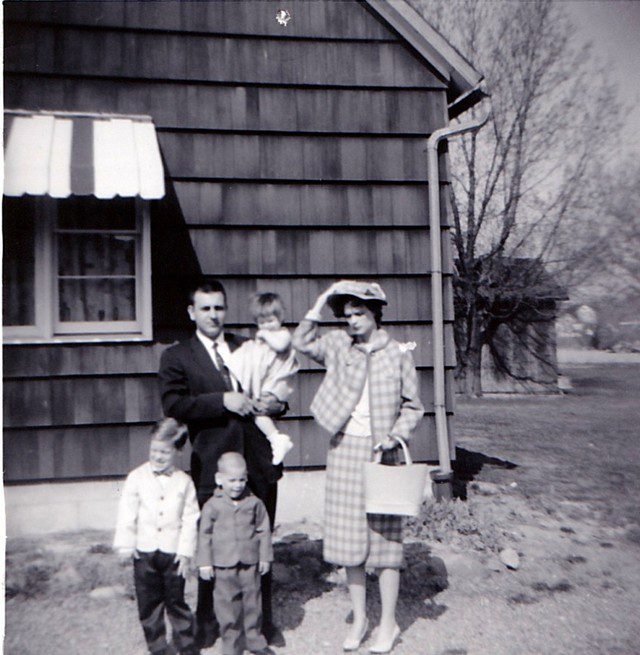
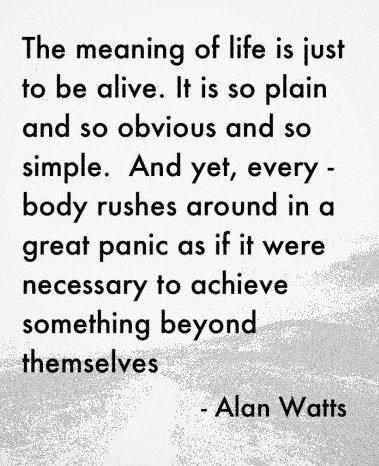



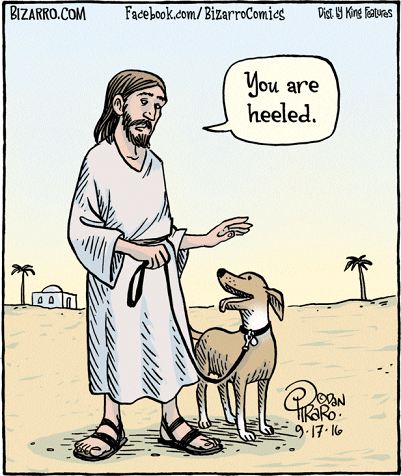
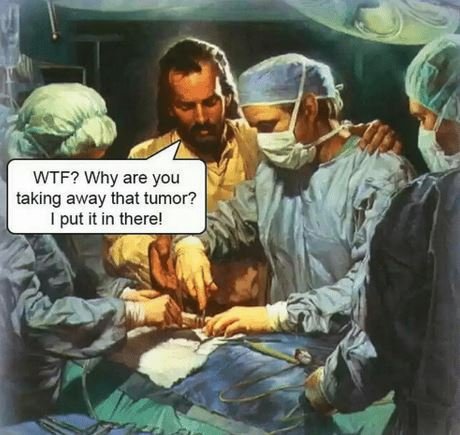
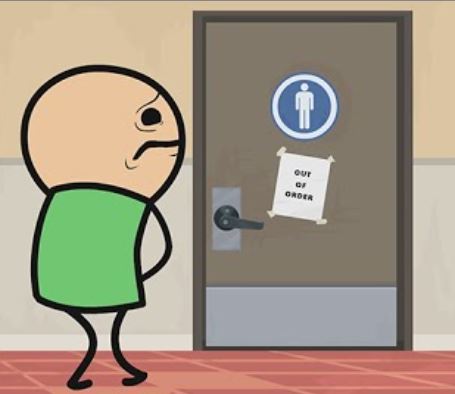

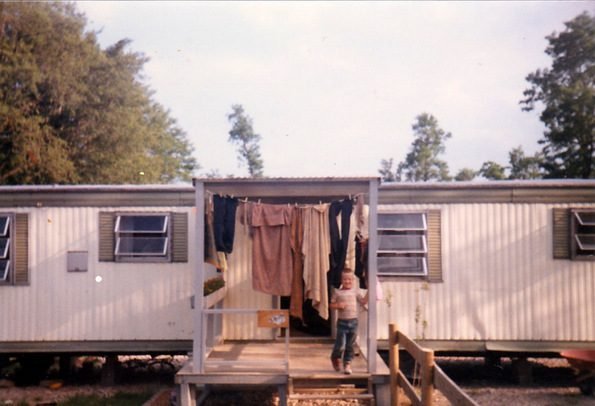
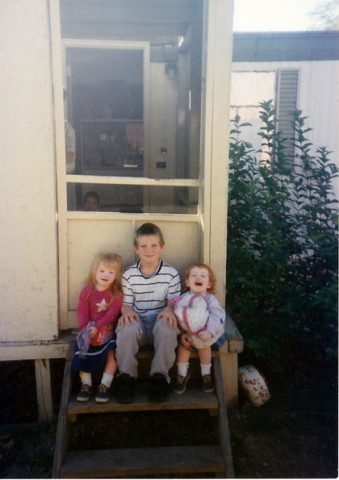
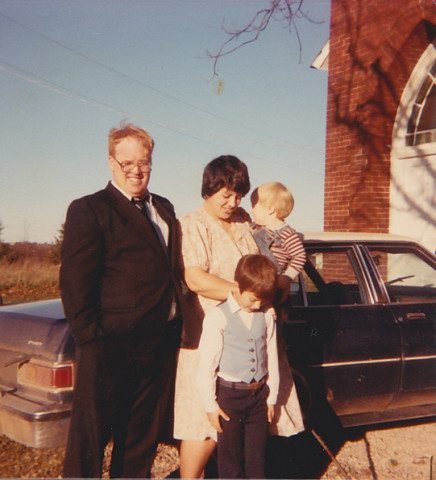
 I grew up in a home where my parents rarely, if ever, showed affection to each other or their children. The Gerencsers weren’t huggers or kissers, and I can’t remember a time where my mom or dad said to me, I love you. I can’t remember a time when I was praised for doing well in school or in sports, nor can I remember being challenged to do better. The reasons for this are many. My mother was mentally ill my entire life. Mom spent two extended periods of time in the Toledo State Mental Hospital. She was prone to manic fits, and tried to kill herself more times than I can count. One time, I came home from elementary school to find Mom lying on the floor in a pool of blood. She had slit her wrists. She survived, but two decades later she pointed a Ruger .357 at her heart and pulled the trigger. She did not survive her last attempt, dying at the age of fifty-four. My dad was involved in all sorts of less-than-legal behavior, including fraud and illegally selling firearms. Fortunately, he avoided prison. He died at the age of forty-nine.
I grew up in a home where my parents rarely, if ever, showed affection to each other or their children. The Gerencsers weren’t huggers or kissers, and I can’t remember a time where my mom or dad said to me, I love you. I can’t remember a time when I was praised for doing well in school or in sports, nor can I remember being challenged to do better. The reasons for this are many. My mother was mentally ill my entire life. Mom spent two extended periods of time in the Toledo State Mental Hospital. She was prone to manic fits, and tried to kill herself more times than I can count. One time, I came home from elementary school to find Mom lying on the floor in a pool of blood. She had slit her wrists. She survived, but two decades later she pointed a Ruger .357 at her heart and pulled the trigger. She did not survive her last attempt, dying at the age of fifty-four. My dad was involved in all sorts of less-than-legal behavior, including fraud and illegally selling firearms. Fortunately, he avoided prison. He died at the age of forty-nine. One former member of our family is quite excitable, much like our cocker spaniel (who circles our dining room table half a dozen times every time we come home after being away for the day). She has what I call a woo-hoo! personality. She has many commendable qualities, but she and I have clashed over the years because of my refusal or inability to be as emotionally effervescent as she. When Polly asks about the meal she just cooked, I will often say fine or it was good. Polly knows that these words are the highest form of praise from me. They mean that she can put the meal recipe in the yes, make this again folder. Polly also knows that if I don’t like something I will tell her; not in a critical manner as much as saying, I‘m okay with you never making that again. This behavior of mine drove the ex-family member nuts. Why, if the meal was good, according to her, I should heap mountains of praise on the cook. No matter how many times I explained to her that that’s just not the type of person I am, she still expected me to all jacked up on Jesus and Mountain Dew (her Evangelical church has emotion-infused services that fuel her addiction to praise). When I take family photographs, repair computers for people, or fix this or that in our house, I don’t expect to be effusively praised for my efforts. A simple thanks is good enough for me.
One former member of our family is quite excitable, much like our cocker spaniel (who circles our dining room table half a dozen times every time we come home after being away for the day). She has what I call a woo-hoo! personality. She has many commendable qualities, but she and I have clashed over the years because of my refusal or inability to be as emotionally effervescent as she. When Polly asks about the meal she just cooked, I will often say fine or it was good. Polly knows that these words are the highest form of praise from me. They mean that she can put the meal recipe in the yes, make this again folder. Polly also knows that if I don’t like something I will tell her; not in a critical manner as much as saying, I‘m okay with you never making that again. This behavior of mine drove the ex-family member nuts. Why, if the meal was good, according to her, I should heap mountains of praise on the cook. No matter how many times I explained to her that that’s just not the type of person I am, she still expected me to all jacked up on Jesus and Mountain Dew (her Evangelical church has emotion-infused services that fuel her addiction to praise). When I take family photographs, repair computers for people, or fix this or that in our house, I don’t expect to be effusively praised for my efforts. A simple thanks is good enough for me.